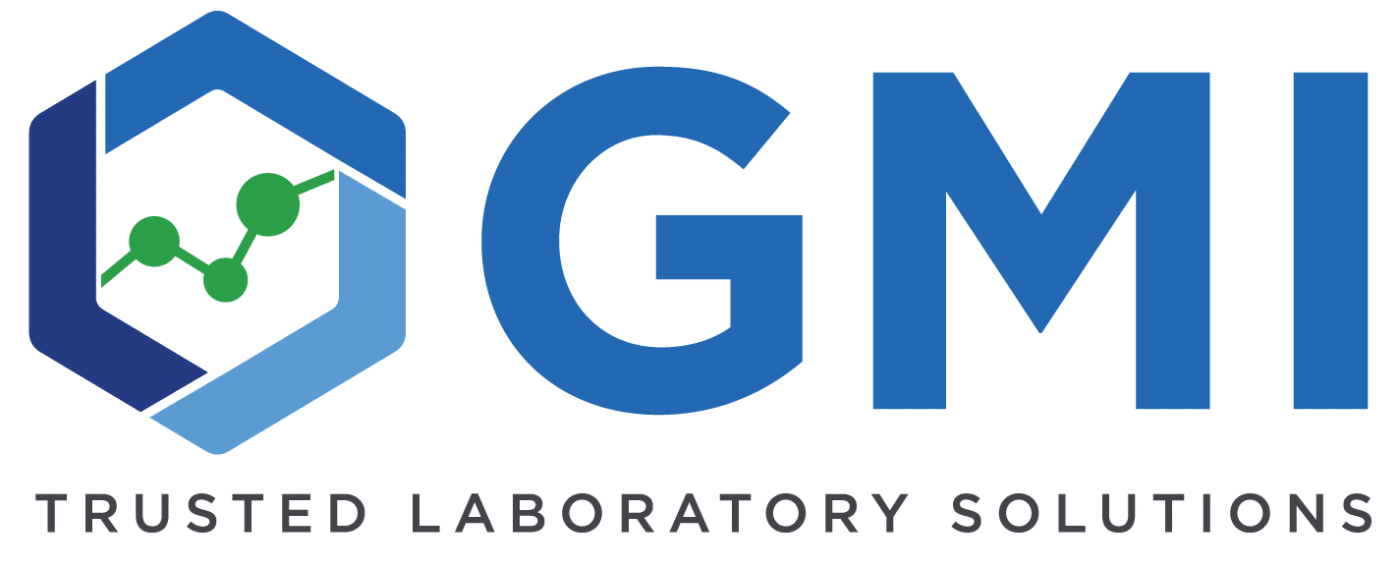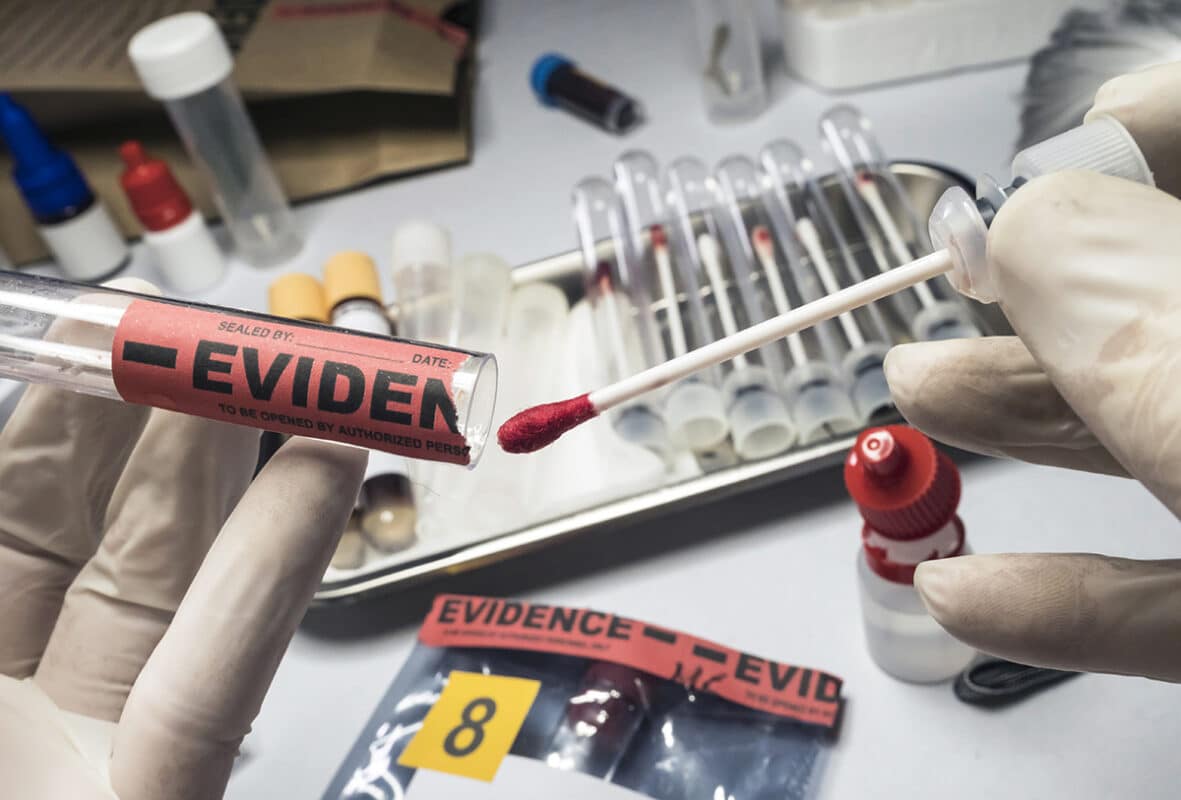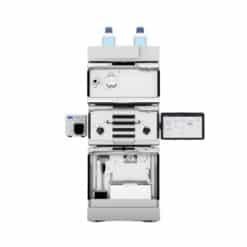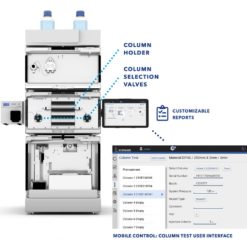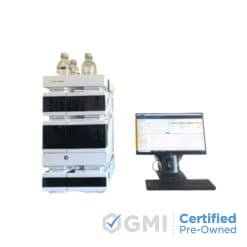No products in the cart.
HPLC, Chromatography
HPLC in Forensic Science: Unveiling the Secrets of Precision Analysis
Introduction
In the intricate world of forensic science, accuracy and precision are paramount. Public or private laboratories play a pivotal role in uncovering the truth behind criminal investigations. One indispensable tool that has revolutionized the field of forensic analysis is High-Performance Liquid Chromatography (HPLC). As a leading laboratory equipment supplier, we at GMI are dedicated to equipping forensic laboratories with cutting-edge solutions. In this blog post, we explore the pivotal role of HPLC in forensic science.
Understanding High-Performance Liquid Chromatography (HPLC)
HPLC is a sophisticated analytical technique that separates, identifies, and quantifies components in a mixture based on their chemical properties. Unlike traditional liquid chromatography, HPLC employs high-pressure pumps to move the sample through the column, enabling faster and more efficient separation. This technique has become the backbone of analytical chemistry, and its applications in forensic science are genuinely transformative.
contact gmi to learn moreApplications of HPLC in Forensic Science
- Drug Analysis:
- HPLC is extensively employed in the analysis of illicit substances, pharmaceutical drugs, and toxicology screenings. By separating complex mixtures into individual components, forensic scientists can precisely identify and quantify drugs present in biological samples, providing crucial evidence in cases involving drug abuse or poisoning.
- Trace Analysis:
- Forensic investigations often involve minute traces of substances left at crime scenes. HPLC’s sensitivity allows for the detection and analysis of trace amounts of drugs, explosives, or other compounds, aiding in reconstructing events and identifying perpetrators.
- Blood Alcohol Content (BAC) Determination:
- Accurate determination of alcohol levels in blood samples is crucial in cases of impaired driving or suspicious deaths. HPLC is a preferred method for BAC analysis, providing reliable and precise results that can withstand legal scrutiny.
- Forensic Toxicology:
- In cases involving poisoning or suspicious deaths, HPLC is an indispensable tool for forensic toxicologists. It enables the detection and quantification of toxic substances in biological samples, helping investigators understand the cause of death and gather evidence for legal proceedings.
- Chemical Profiling:
- HPLC facilitates the chemical profiling of substances found at crime scenes. By comparing the chemical composition of seized materials with known standards, forensic scientists can establish connections between different cases or individuals involved in criminal activities.
Advancements in HPLC Technology
As a laboratory equipment supplier committed to staying at the forefront of technological advancements, GMI provides state-of-the-art HPLC systems designed to meet the specific needs of forensic laboratories. These systems offer enhanced sensitivity, faster analysis times, and improved resolution, empowering forensic scientists to unravel complex mysteries more efficiently
Conclusion
In forensic science, the role of HPLC cannot be overstated. Its ability to provide accurate, reproducible, and high-throughput analyses makes it an invaluable tool for criminal investigations. As a laboratory equipment supplier dedicated to advancing the capabilities of forensic laboratories, GMI continues to support the pursuit of justice by delivering innovative HPLC solutions. With precision at the forefront, forensic scientists equipped with HPLC technology can unravel the secrets hidden within the complex web of evidence, bringing clarity to the most challenging cases.
